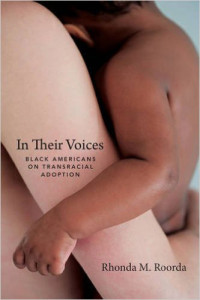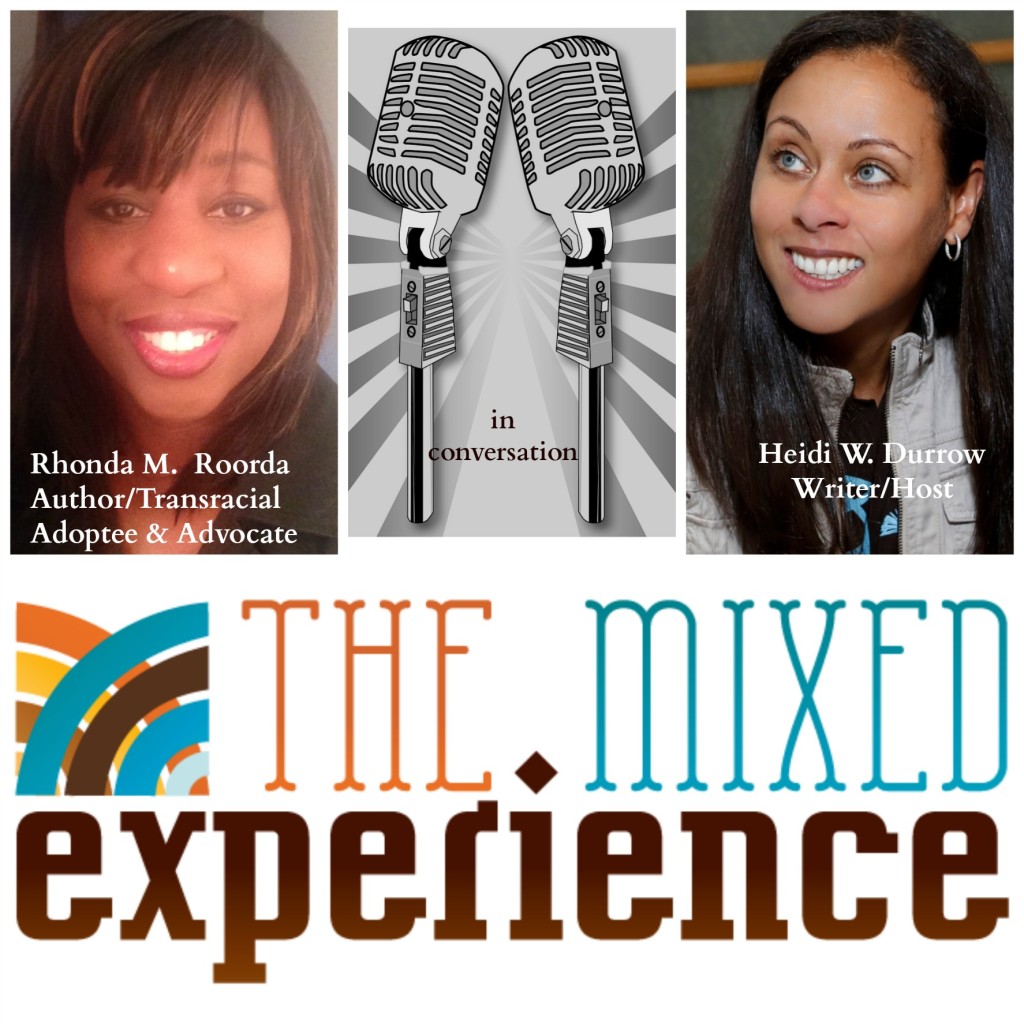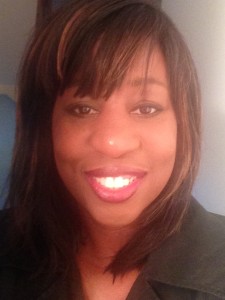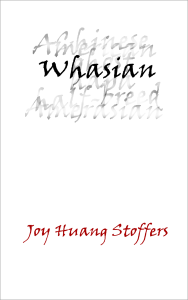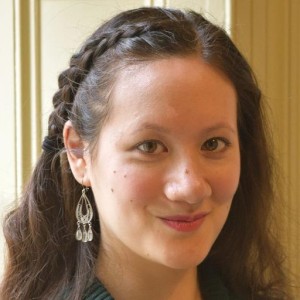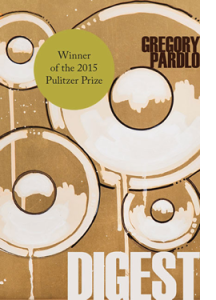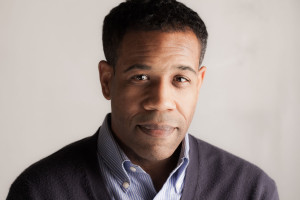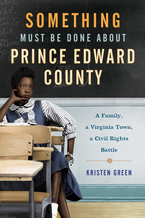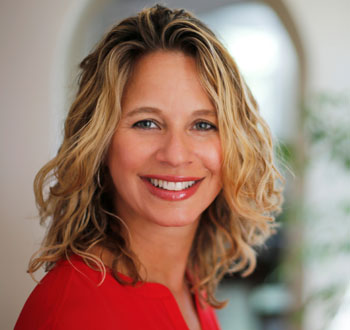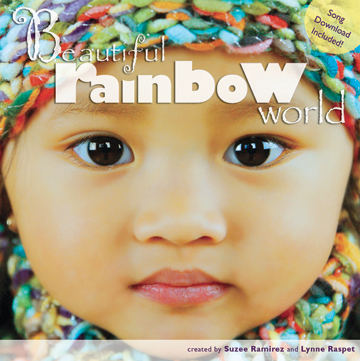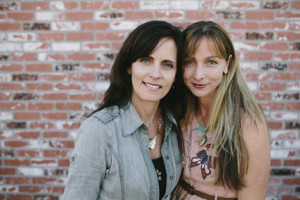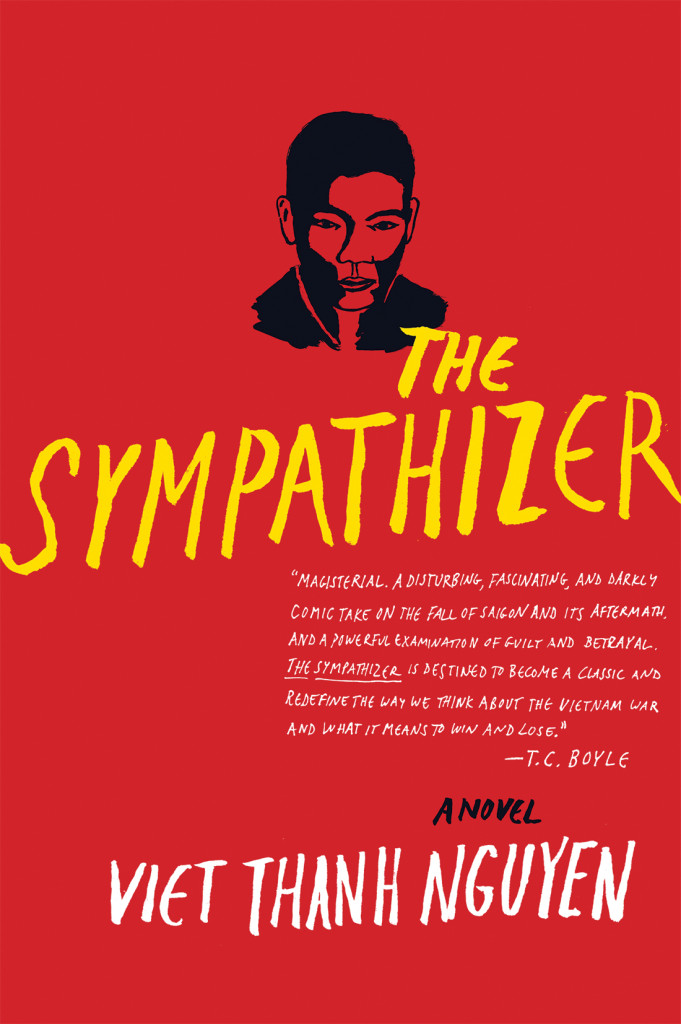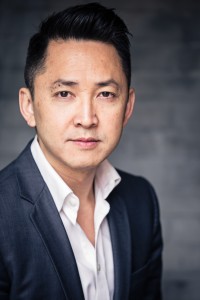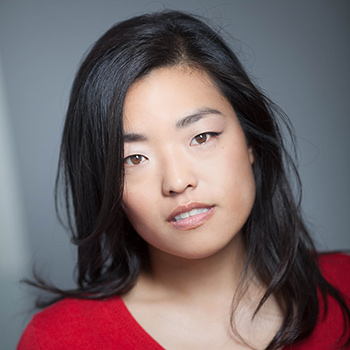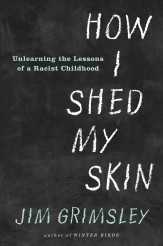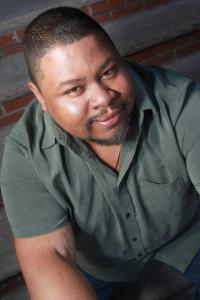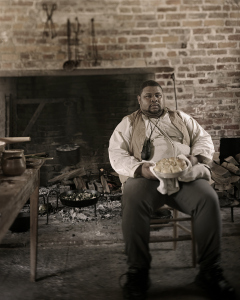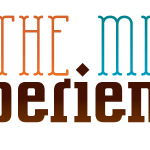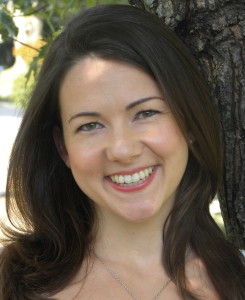 RECORDED 11/9/15: I really enjoyed speaking with YA Author Ashley Hope Perez. Her newest book is garnering well-deserved rave reviews. Check out Out of Darkness and listen in to our wide-ranging conversation about what it means to be part of the Mixed experience and her wonderful book here or download it from itunes. You can find her on Twitter at @ashleyhopeperez and also at www.latinosinkidlit.com.-Heidi Durrow
RECORDED 11/9/15: I really enjoyed speaking with YA Author Ashley Hope Perez. Her newest book is garnering well-deserved rave reviews. Check out Out of Darkness and listen in to our wide-ranging conversation about what it means to be part of the Mixed experience and her wonderful book here or download it from itunes. You can find her on Twitter at @ashleyhopeperez and also at www.latinosinkidlit.com.-Heidi Durrow
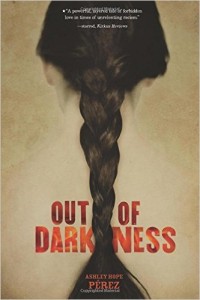 Ashley Hope Pérez is the author of three novels: Out of Darkness (2015), The Knife and the Butterfly (2012), and What Can’t Wait (2011). Out of Darkness received starred reviews from School Library Journal and Kirkus Reviews, which called the novel “a powerful, layered tale of love in times of unrelenting racism.” What Can’t Wait and The Knife and the Butterfly appear on YALSA’s 2012 Best Fiction for Young Adults and 2015 Popular Paperbacks lists.
Ashley Hope Pérez is the author of three novels: Out of Darkness (2015), The Knife and the Butterfly (2012), and What Can’t Wait (2011). Out of Darkness received starred reviews from School Library Journal and Kirkus Reviews, which called the novel “a powerful, layered tale of love in times of unrelenting racism.” What Can’t Wait and The Knife and the Butterfly appear on YALSA’s 2012 Best Fiction for Young Adults and 2015 Popular Paperbacks lists.
Ashley holds a doctorate in comparative literature and teaches at The Ohio State University. She lives in Columbus with her husband and their two sons, Liam Miguel and Ethan Andrés. Visit her online at www.ashleyperez.com and find her on Facebook and Twitter (@ashleyhopeperez). She is also a founding blogger for www.latinosinkidlit.com, an online guide to literature by Latina/o authors and literature that engages with Latina/o experiences.
